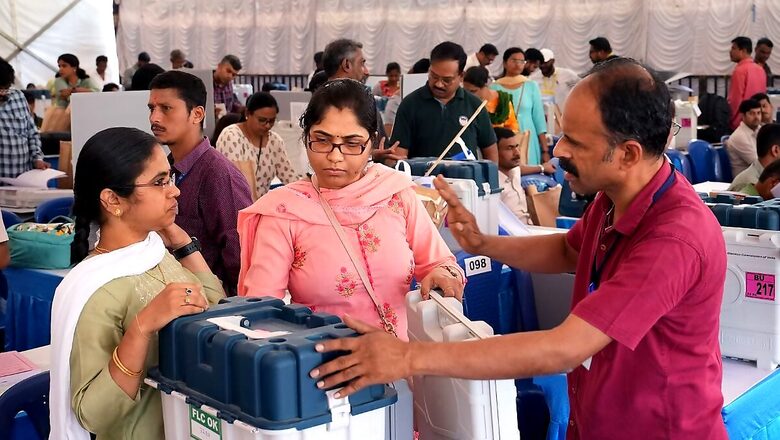
views
The high-octane campaign, which ended on Monday, was marked by a plummeting level of public discourse to the extent that the Election Commission had to issue an advisory asking parties and their candidates to exercise caution and restraint in their utterances and not vitiate the election atmosphere.
Several leaders and candidates from different political parties visited religious places to seek blessings before the final test.
Polling across 224 constituencies will begin at 7 am on May 10. The counting of votes will take place on May 13.
Prime Minister Narendra Modi, who addressed 19 public meetings and held six roadshows as part of BJP’s aggressive campaign, gave a video message to the people of Karnataka on Twitter seeking their blessings in the mission to make the state the number one in the country.
However, the Congress objected to PM Modi’s appeal and approached the Election Commission seeking immediate action against the prime minister for his appeals to Karnataka voters “in violation” of the model code”.
In a lengthy complaint to the chief election commissioner, Congress general secretary in charge of Karnataka Randeep Surjewala asked the commission whether it will remain a “mute and helpless spectator” or fulfil its constitutional duty and act against the prime minster.
Major Players
Riding on Prime Minister Narendra Modi’s popularity wave, the ruling Bharatiya Janata Party (BJP) is hoping to retain power in the state while Congress is banking on anti-incumbency and its poll promises to win people’s mandate. Janata Dal (S), like in the last election, is expecting to become the kingmaker.
The Aam Aadmi Party (AAP), which is in power in Punjab and Delhi, has also fielded candidates.
PM Modi led the BJP’s campaign with Amit Shah, JP Nadda and other leaders. For Congress, AICC president Mallikarjun Kharge, Rahul Gandhi, Priyanka Gandhi Vadra, DK Shivakumar and Siddaramaiah among others sought votes for their candidates.
The JD(S) ran a highly localised campaign, anchored solely by its leader H D Kumaraswamy, with party patriarch Deve Gowda too joining in later despite his advanced age and related ailments.
Candidates & Eligible Voters
A total of 5,31,33,054 electors are eligible to cast their votes in 58,545 polling stations across Karnataka, where 2,615 candidates are in the fray. Among the electors, 2,67,28,053 are male, 2,64,00,074 female and 4,927 others, while among the candidates 2,430 are male, 184 female and one from third gender.
Star Candidates
Chief Minister Basavaraj Bommai (Shiggaon), Leader of Opposition Siddaramaiah (Varuna), JD(S) leader H D Kumaraswamy (Channapatna) and state Congress President D K Shivakumar (Kanakapura) are the among the top candidates in the fray.
Other than Siddaramaiah and Kumaraswamy, Jagdish Shettar (Hubli-Dharwad Central) is the other former CM, who is in the fray. Shettar had recently joined Congress, quitting BJP.
Will BJP Break 38-year-old Jinx?
The ruling BJP wants to break a 38-year-old jinx — Karnataka has never voted the incumbent party to power since 1985, the Congress is hoping for a morale booster victory to give it a much-needed elbow room and momentum to position itself as the main opposition player in the 2024 Lok Sabha elections.
What Happened in 2018 Polls?
In the 2018 elections, the BJP emerged as the single largest party by winning 104 seats, followed by Congress 80, JD(S) 37, and an independent, BSP and Karnataka Pragnyavantha Janatha Party(one each).
With no party having a clear majority and Congress and JD(S) making a bid to forge an alliance, BJP stalwart B S Yediyurappa staked claim and formed the government. However, it had to resign within three days ahead of the trust vote, unable to muster numbers.
Subsequently, the Congress-JD(S) alliance formed the government with Kumaraswamy as chief minister, but the wobbly government collapsed in 14 months, as 17 legislators including independents resigned and came out of the ruling coalition, and defected to BJP. This was followed by BJP coming back to power and, in the bypolls held subsequently in 2019, the ruling party dominated by winning 12 out of 15 seats.
In the outgoing Assembly, the ruling BJP has 116 MLAs, followed by the Congress 69, JD(S) 29, BSP one, Independents two, Speaker one and vacant six.
(With PTI inputs)
Read all the Latest News here










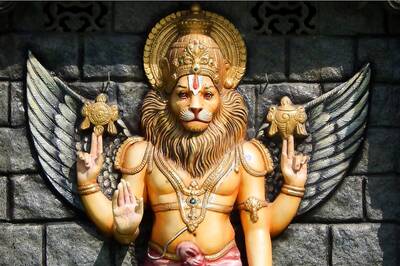


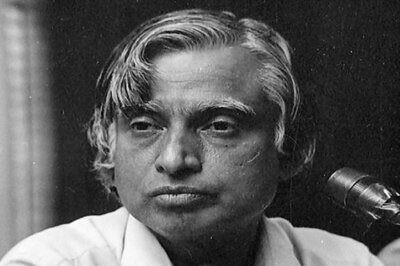
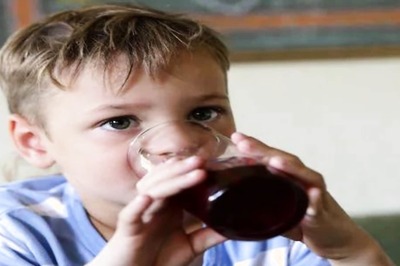


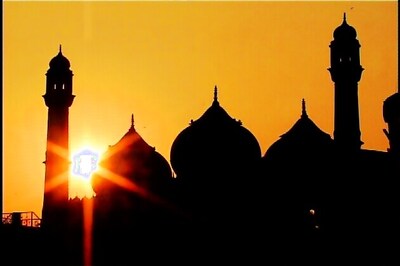
Comments
0 comment